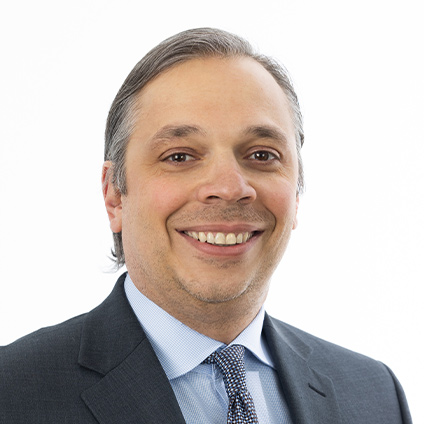Blog
Brainhack 2013 Brings Together 50 Young Scientists
Over the past four days, I attended a unique event in neuroscience called the Neuro Bureau’s Brainhack 2013 Unconference. Now in its second year, this event was first conceived and co-organized by Cameron Craddock, Director of Imaging at the Child Mind Institute’s Center for the Developing Brain. The Brainhack brought more than 50 young scientists from four continents to Paris to collaborate.
What does this mean and why is it unique? Well, as to what it means—that was really up to the participants. That’s why it’s called an unconference. Some scientists showed up with projects they are working on, and asked for others to lend their expertise to make their vision a reality. Others brought valuable data and asked, “What would you do with it now that you have access to it?” Others worked to come up with original ideas in the moment, as part of a 24-hour experiment initiative, where they attempted to identify a question of interest, design an experiment and execute it. This year’s effort attempted to probe the brain regions that support interpretation of the famous Rorschach ink blots.
The event also featured a series of 10-minute Ignite Sessions by more senior figures in the field, and some tool makers who took the opportunity to give tutorials—whether in the form of a talk or a friendly sit down with new users.
As to why it is so unique—well, in a field that traditionally is known for working in research silos, the Brainhack explicitly fosters collaboration and sharing. Open science was on the tip of everyone’s tongue as we shared ideas, approaches and data with one another, working as a collective. The challenge, of course, is how to keep this spirit going among scientists when they go home—avoiding unnecessary isolation of efforts and redundancy. In this regard, I believe events like the Brainhack will help to foster the development of a mindset in young scientists that actively works to tear down silos through usage of social networking and video technologies and build a new spirit of openness.

